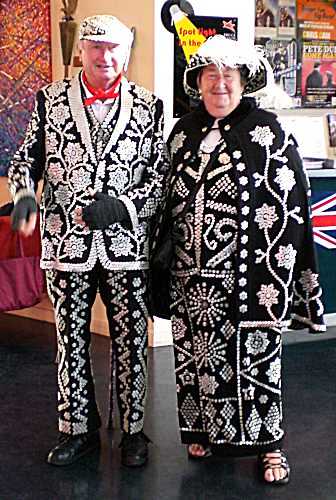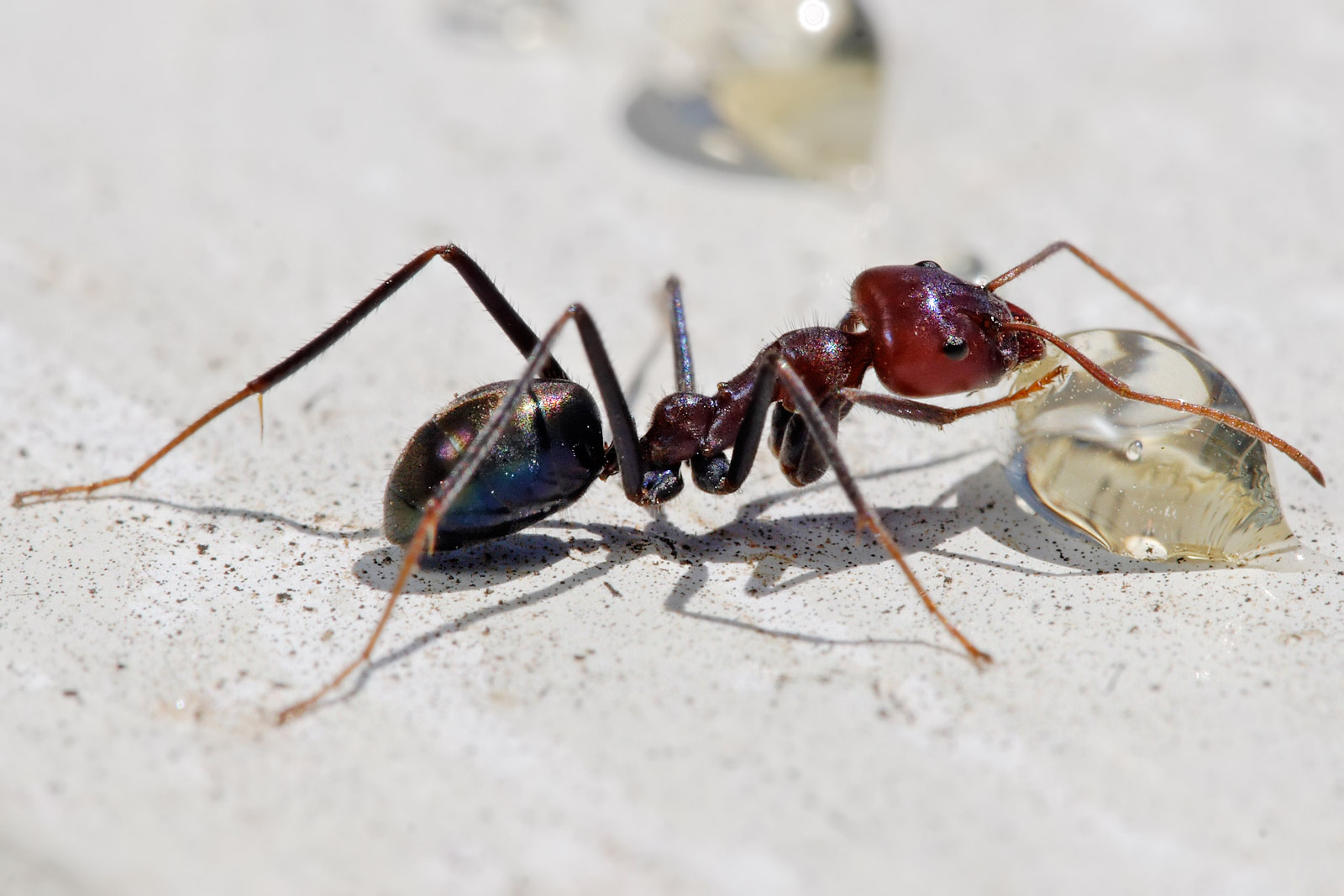 Fans of the popular, and infamous, English jazz singer Amy Winehouse may be intrigued to hear where her name originates.
Fans of the popular, and infamous, English jazz singer Amy Winehouse may be intrigued to hear where her name originates.Following in a musical tradition that includes stars such as Bob Dylan, Elton John and at least one Beatle, Amy adopted a pseudonym early in her career. Her choice reflects her deep interest in the world of jazz and its history.
In the genre’s early days in Europe it was often associated with criminal doings and, as a result, was banned from most of the ‘more reputable’ music venues. In response, rich jazz fans would hold debauched weekends of music and revelry at their country retreats. As these were principally vineyard estates, the events became known as ‘parties de maisons vins’.
The notoriety of these events grew in the jazz world and the singers invited to sing were well known and awarded with the accolade of ‘ami de maison vin’ or, in English, ‘friend of the winehouse’. When Amy started out, she just combined the English and French to get her stage name ‘Amy Winehouse’.



